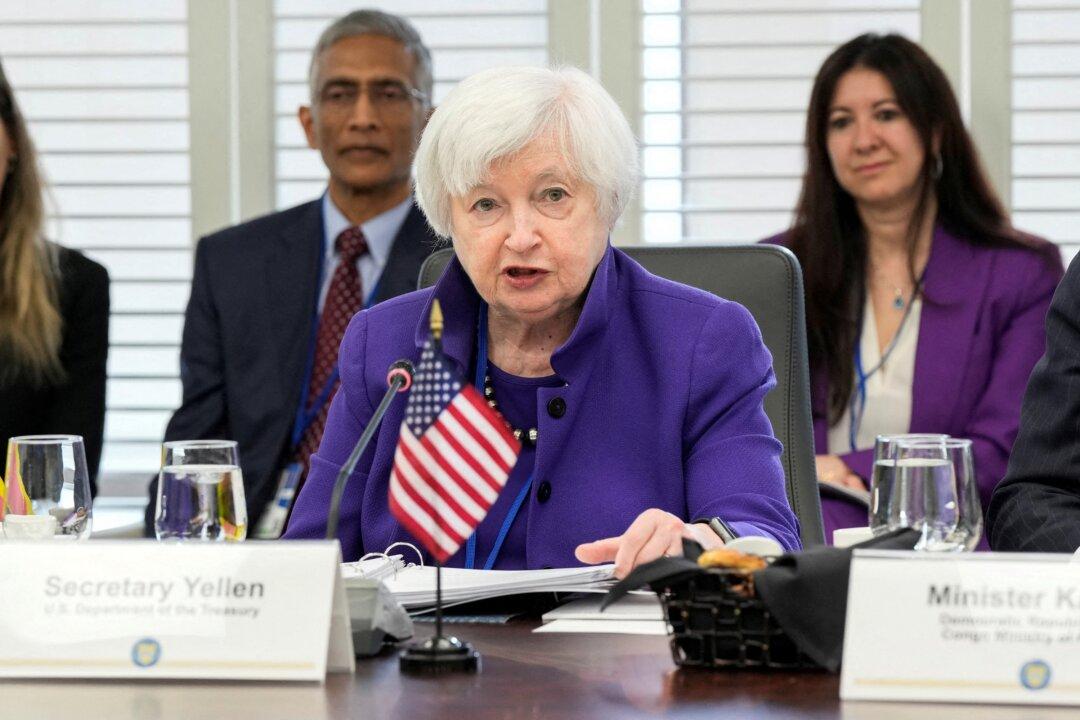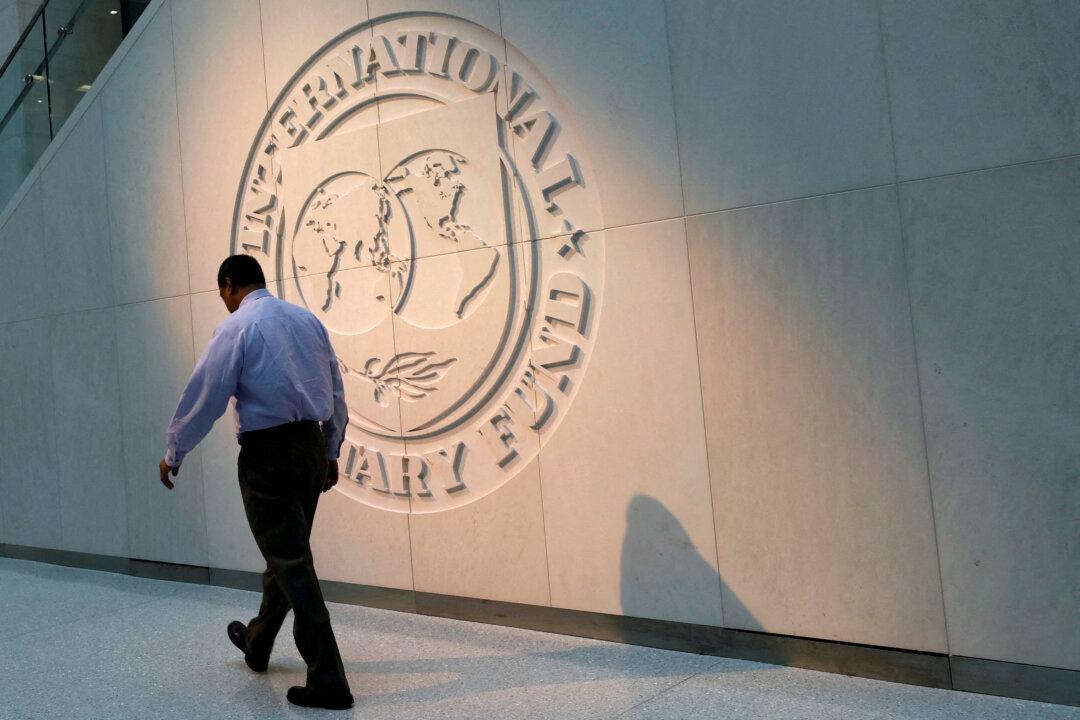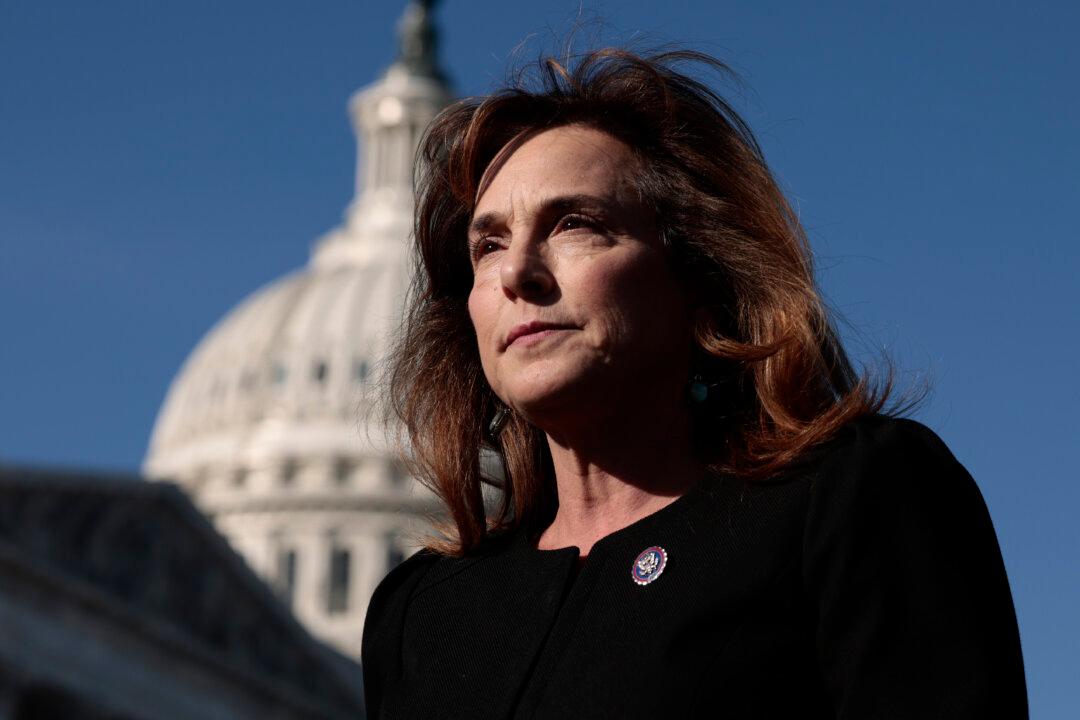Led by U.S. Treasury Secretary Janet Yellen, a consortium of top financial regulators voted on Friday to issue proposed guidelines designed to enhance the stability of the financial system in the wake of one of the most significant shocks since the 2008 financial crisis.
The new guidelines put forth by Yellen and the Financial Stability Oversight Council (FSOC) outline the process by which individual non-bank financial entities could be identified for supervision by the Federal Reserve, subjecting them to increased scrutiny.
Yellen expressed concerns that changes implemented by the Trump administration in 2019 had created “inappropriate hurdles” in the designation process, and said the new proposals seek to “revise and update” that administration’s guidance.
She vowed “to continue to improve the resilience of the financial system that can support the economy through both good times and bad,” citing last month’s bank failures as a wake-up call to regulators.
The multi-regulator council charged with policing stability risks in the financial system released the proposals for public comment just over a month after two regional bank failures sparked the biggest contagion threat since the 2008 financial crisis.
Debt, loans, short-term funds, equities, digital assets, and derivatives are some of the markets that would fall under FSOC’s purview. In addition, counterparties, payment and clearing systems, as well as a wide array of financial entities, including banking institutions, broker-dealers, asset managers, investment firms, insurers, and mortgage originators and services, would undergo meticulous evaluation.




